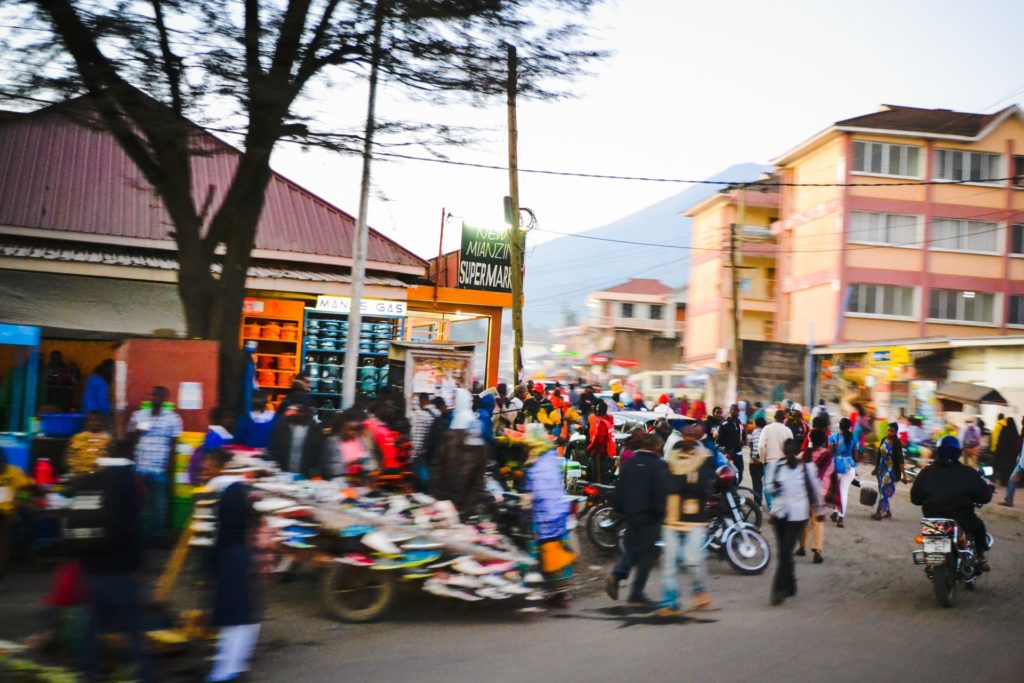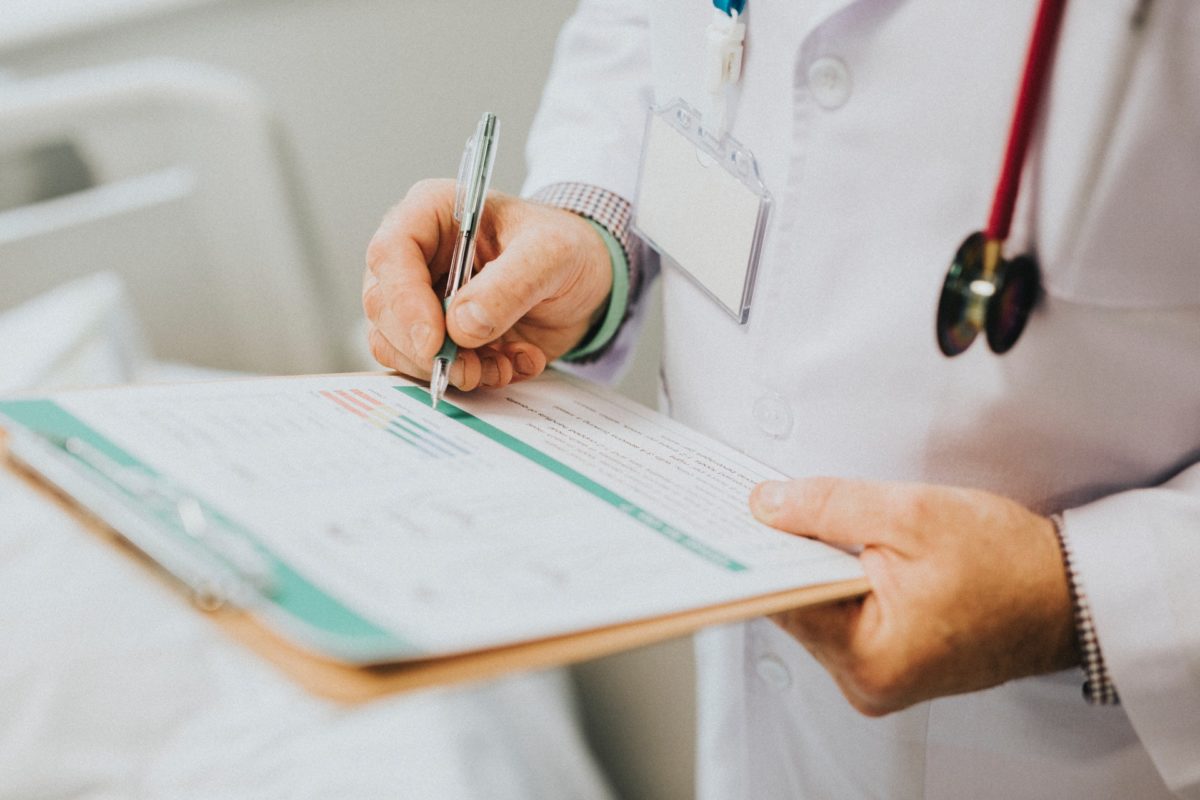Did you know?

Bowel cancer is the 3rd leading cause of cancer deaths among MEN in West Africa?
Bowel cancer is the 4th leading cause of cancer deaths among WOMEN in West Africa?
What is it?
Colon or bowel cancer, sometimes called colorectal cancer, is a type of cancer that begins in the large intestine (colon). Colon cancer typically affects older adults, though it can happen at any age. It usually begins as small, noncancerous clumps of cells or growths called polyps that form on the inside of the colon. Over time some of these polyps develop into cancers.
Who is at risk of developing this cancer?
- A personal history of colorectal cancer or Adenoma polyps.
- A personal history of inflammatory bowel disease (Ulcerative colitis or Crohn’s disease).
- A strong family history of colorectal cancer
- A known family history of a hereditary colorectal cancer syndrome such as familial Adenomatous polyposis (FAP) (a condition in which thousands of polyps may develop).
- A hereditary non-polyposis colon cancer (HNPCC) (a condition which is not cancer, but in which a small number of polyps develop that puts you at greater risk for getting colon cancer).
- Anyone aged 45 or above.
Signs and symptoms of colon cancer include:
- A persistent change in your bowel habits, including diarrhea or constipation or a change in the consistency of your stool
- Rectal bleeding or blood in your stool
- Persistent abdominal discomfort, such as cramps, gas or pain
- A feeling that your bowel doesn’t empty completely
- Weakness or fatigue
- Unexplained weight loss
Preventive Measures
Colon cancer screening helps detect polyps and early cancers in the large intestine. This type of screening helps find problems that can be treated before cancer develops or spreads. Regular screenings may reduce the risk of death and complications caused by colorectal cancer. Colonscopy is the best investigation for Colon Cancer screening. It allows the doctor to look inside the entire rectum and colon. Apart from checking for a cancer it can also be used to remove polyps at the same time if found.
Need Colon Screening? Our colonoscopy procedure is compared to know. Make an Appointment with GIDEC today and get the best Specialist care.



